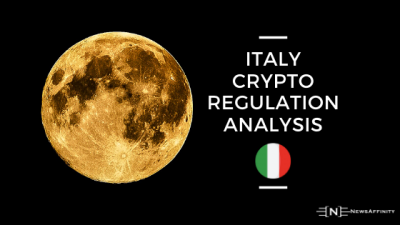Industrial-Organizational Psychology is an emerging field of psychology that focuses on how employees behave within the workplace. It looks at things like culture, morale, and productivity to build up a better picture of how employees are faring in their place of work. The overarching aim of Industrial-Organizational Psychology is to boost employee well-being and productivity, and there are plenty of sectors where this is in high demand.
HR Manager
First and foremost, anyone with a Master’s Degree in Industrial-Organizational Psychology is a good fit for a role within Human Resource Management. In (very) general terms, managers are charged with overseeing the people side of the business. They work to deliver on the business’s overall strategy and vision, implementing it via the workforce. Managers also get involved to sort out any problems or disputes.
Behavioral Analyst
Behavioral analysts do just that: they examine how individuals behave and then seek to implement changes that will positively impact said behavior. Seeing those changes put into practice, and the positive effects they have, can be extremely rewarding, and this is a flexible career. Analysts operate across multiple sectors and once accredited can even be fully freelance.
Management Consultant
The aim of the management consultant is to help businesses grow. They do this through several methods, including offering advice, formulating new strategies and solving any existing issues (both within the workforce and the company as a whole). The role is multifaceted and extremely varied, but a degree in Industrial-Organizational Psychology obviously provides you with an excellent grounding for analyzing the workforce. Much like HR, this role involves extensive interaction with employees.
Recruitment Manager
Recruitment is a complex process, and the manager is in charge at every step. They’ll be tasked with screening candidates, drafting job advertisements and interview questions and, of course, interviewing new people. Recruitment managers are an essential part of every business and operate across virtually all sectors and in every industry. They are directly responsible for the hiring of new personnel, so the position carries a lot of responsibility and can be quite hands-on.
Workforce Insights Analyst
One of the more data-based roles on the list, the Insights Analyst solves complex problems that the company might not even be aware of. They do this by using data and analyzing huge amounts of information about the business, its employees and even the employers. Sometimes they’ll be brought in to solve a specific problem, at other times their investigations will be more open ended. It’s common practice for an analyst to be presented with raw data and asked what catches their eye.
Executive Coach
Coaches work (usually one to one) with executives and other employees considered to be high potential or high value. They work on areas including personal development, goal orientation and self awareness. This role can pay highly and it’s also extremely varied. Executive coaches work with some of the biggest companies in the world, developing industry leaders of the future.
Of course, these are just a selection of the jobs available to degree holders. The skills taught as part of an Industrial-Organizational Psychology degree are invaluable to employers across the world and much sought.

















Comments